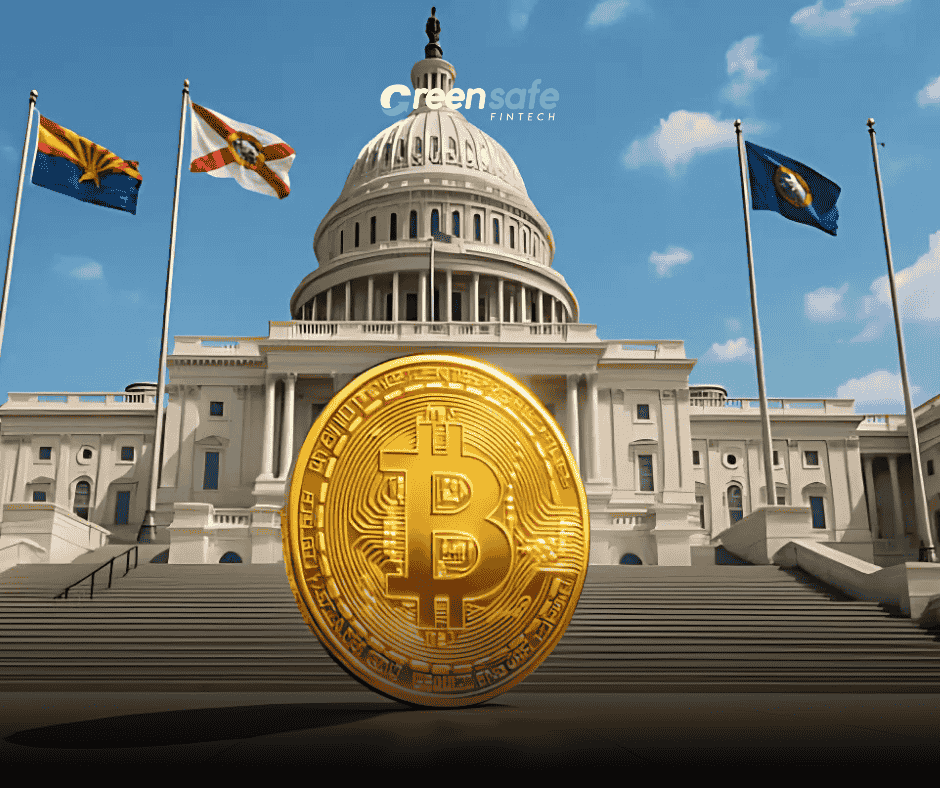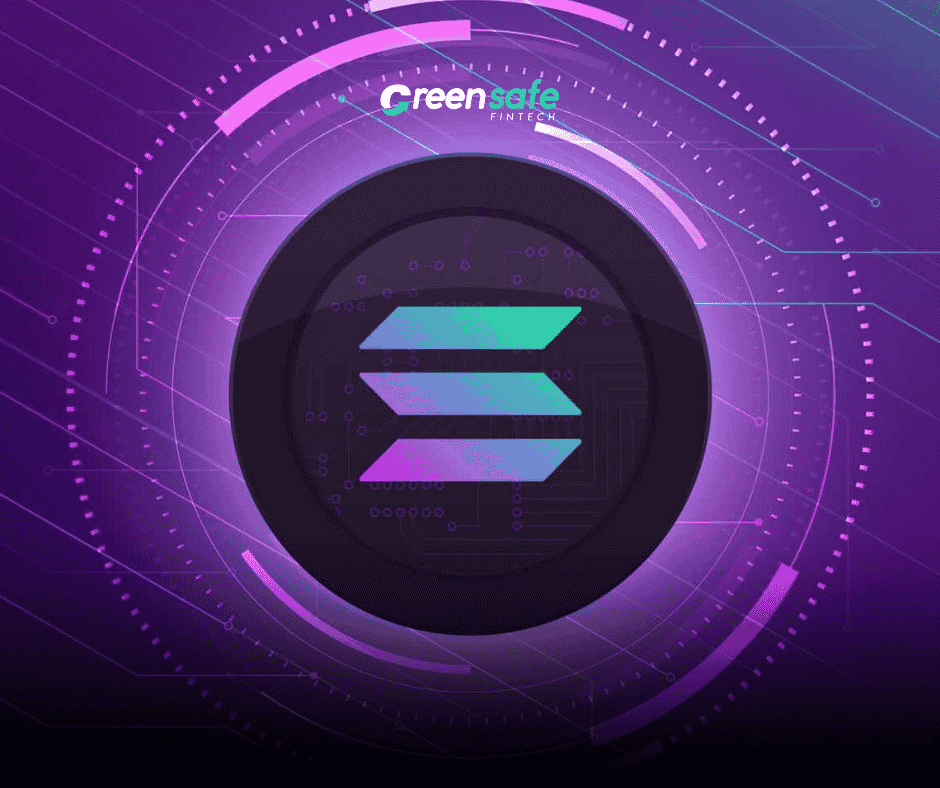Florida has officially stepped back from its attempt to become a pioneer in state-level cryptocurrency investment, as House Bill 487 (HB 487) and Senate Bill 550 (SB 550) were both withdrawn from consideration on May 3, marking a major retreat in the movement for state-backed Bitcoin reserves.
The state’s legislative session, which concluded on May 2, saw over 230 bills passed, including those targeting school smartphone bans, fluoride use in water, and environmental conservation, but crypto legislation was notably absent. While Florida lawmakers extended the session until June 6 to finalize budget plans, the failure to pass HB 487 and SB 550 leaves no pathway forward for Bitcoin-related proposals this term.
HB 487, first introduced in February, proposed allowing Florida’s chief financial officer and the State Board of Administration to allocate up to 10% of specific public funds into Bitcoin. SB 550 echoed similar goals, advocating for public fund investments in the leading digital asset. Both bills were shelved without a vote.
According to tracking data from Bitcoin Laws, Florida now joins a growing list of U.S. states, Wyoming, South Dakota, North Dakota, Pennsylvania, Montana, and Oklahoma, that have seen Bitcoin legislation stall before reaching the finish line.
Arizona Remains in the Game With Two Remaining Bitcoin Bills
As Florida backs out, Arizona holds onto its position as the most likely contender to lead on state-level Bitcoin adoption. The state’s House Bill 1025, which would have created a Digital Assets Strategic Reserve, advanced further than any other such bill in the U.S. before it was vetoed on May 3 by Governor Katie Hobbs, who deemed Bitcoin and digital assets “untested investments.”
The veto drew swift backlash from crypto advocates. Prominent Bitcoin supporter and entrepreneur Anthony Pompliano slammed the move, stating: “Imagine the ignorance of a politician to believe they can make investment decisions.”
Despite the setback, Arizona still has two active Bitcoin reserve bills:
- HB 2749, considered the most viable, proposes a budget-neutral reserve fund using profits from Arizona’s unclaimed property fund.
- SB 1373, which is still awaiting a vote, would authorize the state treasurer to allocate up to 10% of state funds into digital assets.
Dennis Porter, founder of the Satoshi Action Fund, noted on May 5 that Arizona remains “the closest in the nation” to creating a Bitcoin reserve and still has opportunities to make history.
As momentum shifts and roadblocks mount, the push for state-level crypto adoption remains a high-stakes battle, and eyes are now turning to whether Arizona will succeed where others have failed.











